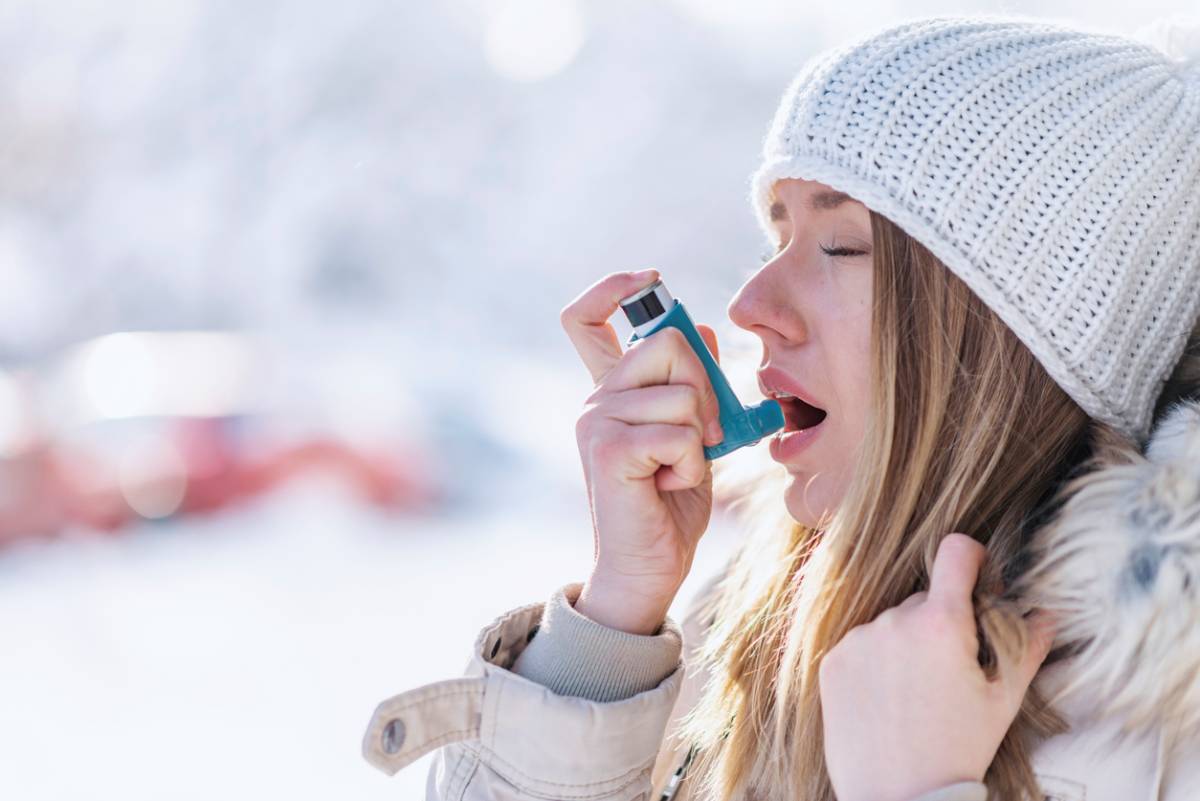Asthma can be a challenging condition, especially if you live in a densely populated area like New York City. In a major city you’re more likely to encounter asthma triggers including pets, pests, and air pollution, which can present clear problems for asthmatic city dwellers. Unfortunately, the general humidity and winter cold in New York State creates the ideal conditions for even more common asthma triggers even when you leave the tempestuous chaos of the city. So let’s look at common environmental asthma triggers in New York.
Common Environmental Asthma Triggers in New York
There are literally thousands of possible asthma triggers if you break it down to individual plants, animals, and pollutants. That is why it is generally better to look at asthma triggers in groups, making it easier for people with asthma to navigate and avoid potentially dangerous triggers when necessary. Common asthma triggers are broken down into about ten categories, allowing your asthma specialist in New York to make helpful recommendations that you can use in daily life.
Allergens:
Pet dander, mold, and common household pests including cockroaches and dust mites are very typical triggers for people struggling with asthma. Any item or animal that triggers an allergic reaction, including food allergens, will aggravate symptoms coupling the normal allergic reaction with an asthmatic reaction.
Illness:
A wide variety of respiratory and digestive illnesses can aggravate your asthma. You’re most likely to notice asthma symptoms when you have a cold or similar respiratory condition. Even in mild asthmatics a respiratory illness usually triggers tightness in the chest, a prolonged cough, and even wheezing.
Smoke:
Tobacco smoke is a very common trigger. This is a case where second-hand smoke causes clear and immediate harm. Asthmatics who have a sensitivity to smoke can have a reaction even when the exposure is mild.
Exhaust:
For a place like New York City, exhaust is a major complicating factor for someone with asthma. The sheer number of vehicles and businesses creating exhaust lowers the average air quality, making it much more likely that you’ll experience asthma-related symptoms. That is why doctors suggest that people with asthma should avoid living near major thoroughfares and train tracks. If that’s not an option, a high-quality air filter can offer some relief.
Dust:
The dust produced by everyday life can be an asthma trigger for a lot of people. Still, the good news is that this trigger is relatively easy to handle. Using a vacuum with a HEPA filter, regularly cleaning upholstery, and using allergen-blocking pillow and mattress covers is an excellent start.
Chemicals:
Unsurprisingly, there are a lot of chemicals that can irritate your lungs. The effects are more exaggerated in people who have asthma. If you’re going to be exposed to chemical fumes at any point, you will need to take proper safety precautions.
Weather:
Cold air has a tendency to thicken the natural mucus lining of our airways while irritating the bronchial tubes. That irritation alone can be enough to prompt additional asthma symptoms. For a place like New York where the winters can be harsh, it’s best to protect your airways from the cold by wearing a warm scarf over your nose and mouth while outside to help warm the air entering your airways. If you’re still struggling with winter asthma, check in with your asthma doctor in Manhattan.
Physical Position:
Some people have worsening asthma symptoms while lying down. This is usually associated with the person lying flat on their back, which can be irritating if there’s increased sinus drainage. Fortunately, propping up your upper body with 2-3 pillows and making sure your sheets are regularly cleaned is usually enough to address this issue.
Exercise:
If the air is cold or dry, an increased respiration rate has a chance of triggering asthma symptoms. That makes exercise problematic for some people. Luckily, if you exercise indoors there are steps you can take to improve air quality and reduce your symptoms. Otherwise, you’ll want to talk to your doctor about what changes you can make to your regular management plan to accommodate exercise.
Emotions:
Our emotional state has a constant effect on our physical body. Any severe emotional shift could trigger an asthmatic reaction, especially if you’re breathing harder or faster than normal.
Still, in all honesty, you’ll find asthma triggers everywhere. New York has some complications, but they can be easily managed with the help of the right doctor.

